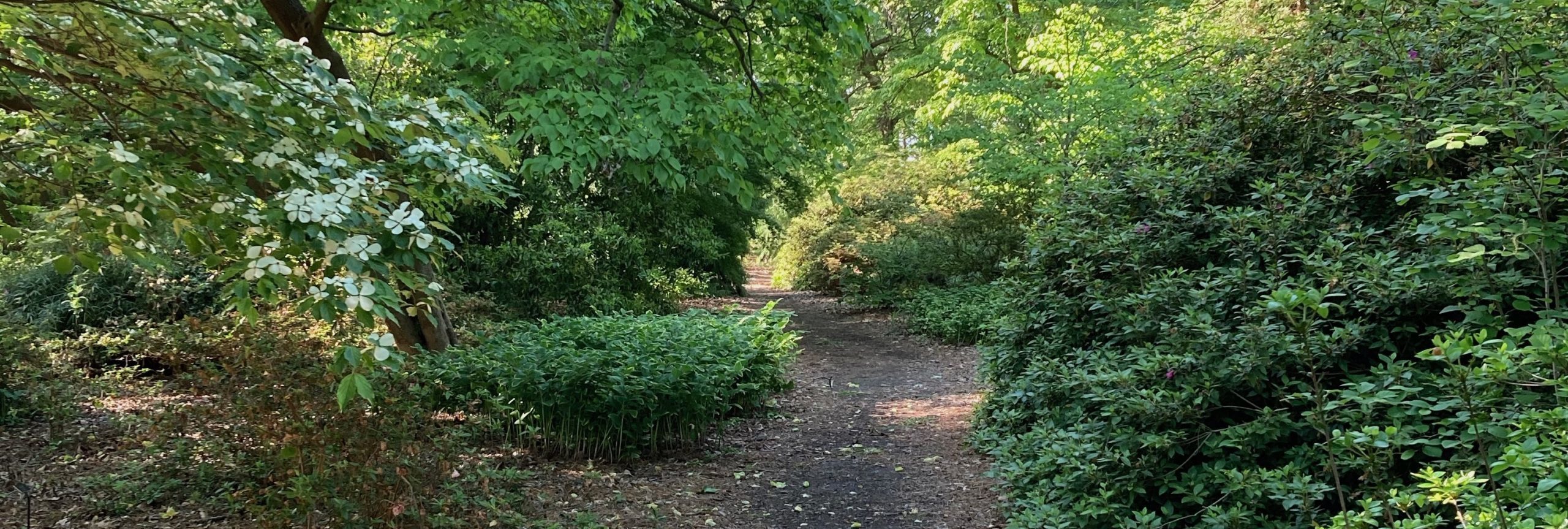My friend William recently asked me to explain what I meant by “God” in five minutes or less. After I finished laughing, I said I was pretty sure no one in this reality could explain or describe God at all, much less in five minutes. However, to me, God is that quintessential Other, who I believe is the basis, the energy, the essence of All That Is. Every galaxy, every planet, every sentient, every living thing, every atom, every quantum particle, every everything is made from and filled by and entangled with this Vital Construct. As such, we are all One, and the only thing that isolates us one from the other is this physical realm, these physical bodies. It also means we are individuals, unique unto ourselves, only so long as we are “separate.” Before our entry here, and after we leave, I believe we are part of that larger Whole.
To take this further, if God is Divine, and if the energy and substance that is God suffuses us all, that means we are all (at least in part) Divine. I’ve heard religious people say that they are the children of God, or that they have God in their hearts, or that we are made of star stuff. All these statements, worded to fit their culture of origin, resonate with my own understanding of Divine Nature.
Granted, this is my spirituality in a nutshell. But it summarizes what I’ve believed for years now. Needless to say, time and experience tweaks and nuances my approach to God, but all of it contributes to my Weltanschauung. It’s a very big part of who I am.
I’ve used the word “God” here, but I could as easily have used Divine, or Universe, or The Is, or Allah, or G_D. I wear no religious label—not Christian, Jew, Muslim, Hindu, Buddhist, Bahai, UU, Wiccan, Druid, or any other—but it doesn’t matter. My point is that my writing is inextricably connected to my life as a human being. I can’t—don’t want to—separate them, for without those experiences or feelings or beliefs that make up my life, what would I write about?
Thus my system of beliefs is part of my writing. I’m not sure I could pen anything—story, novel, poem–without including it in some way, whether in blatant form or not. It certainly informed my manuscript, The Founders Seed, where it forms the kernels of faith for an alien race. On occasion, real-life twists of spiritual insight show up in my story plots. For example, in my short non-fiction story Dancing Man, the protagonist (me) has forgotten these “Truths” and is reminded after an eye-opening encounter with a homeless person.
That’s not to say that every character in my stories reflects those beliefs; certainly they don’t. In The Founders Seed, the antagonist believes personal power or greed will fill his empty soul. In Last Call, the protagonist works through a life-altering crisis without any belief in the Divine, and relies on Pragmatic philosophy to support her decisions.
Sometimes, when I hear God’s whispers (or, sometimes, her shouts—I’m not always listening as closely as I should), the lessons I learn show up in my tales, like Seed or Dancing Man or Switch. In these instances, writing helps me work out the kinks in the message, and it is through this process that the story unfolds. I even keep a blank, lined book with me always where I can jot down story ideas that pop into my head. Most of these stories have yet to see physical form, but they are there, waiting, a great many inspired by these flashes of insight.
Does your religion/faith/spirituality inform your writing? If so, how?

Oh, yes, God absolutely informs my writing because God informs my breathing–in my writing, probably most often in the intensity of emotion with which I approach the blank page, create characters, watch them move and hear them speak, feel with them every event in which they participate. I think God is the force by which my main character emerges from all the rest. And when I read, or when others read my work, although an essay or a book may not even mention God or spirit at all, the reaction is almost always to that core of the Divine.
When a good friend asked me several years ago if I was a “practicing Christian,” I thought about it and finally answered, “I am a cradle Episcopalian and I believe all roads lead to God.”
Perhaps my favorite definition of God is Carl Jung’s,
“To this day God is the name by which I designate all things which cross my willful path violently and recklessly, all things which upset my subjective views, plans and intentions and change the course of my life for better or worse”
Thanks for a dynamite topic as I was sitting here literally falling asleep over some rewriting in my novel.
You’re welcome, Dean!